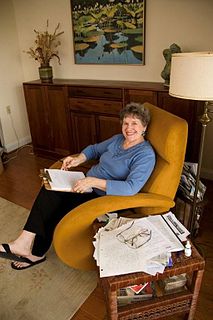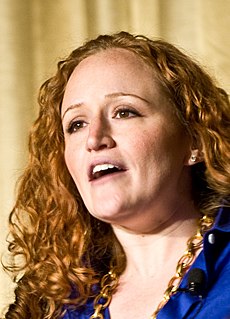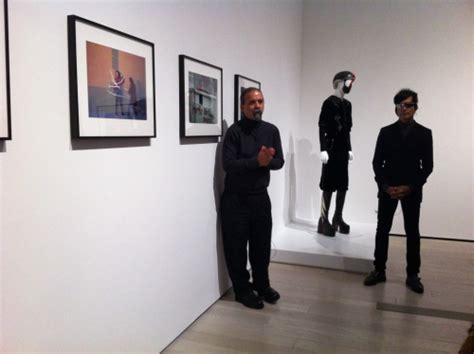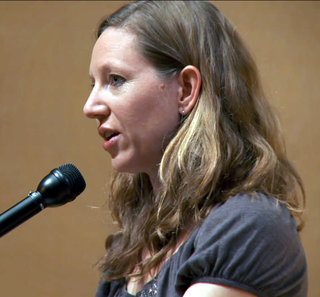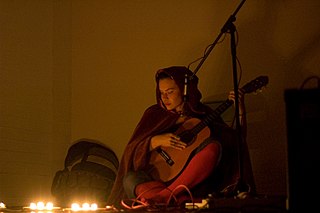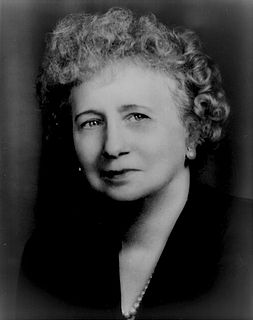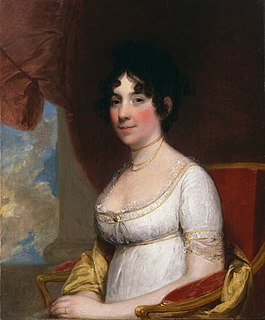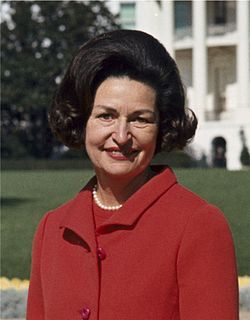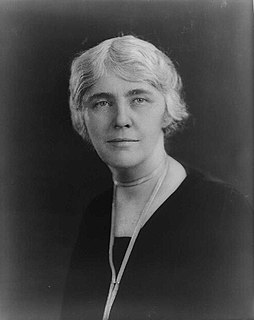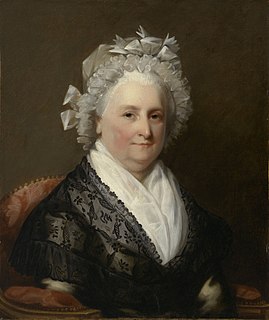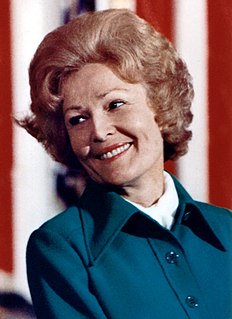A Quote by Betty Ford
When I say we've had an ideal marriage, I'm not just talking about physical attraction, which I can imagine can wear pretty thin if it's all a couple has built on. We've had that and a whole lot more.
Related Quotes
'L.A. Law' has been a bit of a blessing and a curse. First of all, it was a very prestigious show that had a lot of intellect, and I was the pretty boy. I've had to battle that my whole career: 'Oh, you were the face guy. You didn't really have to act; you just had to wear the right suits.' I had to battle that.
Same-sex marriage is so ingrained in the culture now that when you're talking about regular, good old-fashioned marriage, you have to say "opposite-sex marriage" to let people know what you're talking about. Just describing, just talking about "marriage" doesn't let anybody know what you mean anymore. You have to specify opposite-sex marriage.
People can't help the way they feel, only what they do about it. They can no longer not be attracted to someone other than their spouse than they can say they are not hungry or not thirsty or not frightened or embarrassed. It's when you act on that attraction when you know it would be bad for your marriage that is the problem. In a good marriage, the couple are each as committed to the marriage as they are to each other.
With relationships, I always had a reason why some time in the future would be better for me than it was that day. When I was fat, I thought I'd feel pretty when I was thin, and when I was thin, I thought I'd be happier if I was more toned and muscular and had more money to look more coordinated. I wasn't comfortable in my own skin unless there was a man there to tell me just how radiant that skin looked. I was a victim of low self-esteem and had the Soon syndrome bad. I was running toward a brighter future, unaware of the mirages I'd created in the distance.
The fifties were pretty rebellious, a pretty rebellious period, around that time. And it was preceding the whole zoot suit thing which I think really contributed to a lot of anxiety, to a lot of frustration, a lot of blaming. And it just like boom, it was very destructive for us as a people, that right away put us on like we had to defend ourselves on every level, every moment. We seemed like we always had to be on guard.
We understand a person with problems, someone who is wrong about a lot of things in his or her life, who makes messes. We don't understand someone who is constantly right, who is only felled by Kryptonite. Chuck Klosterman had a pretty great book about this whole thing - I Wear The Black Hat - that came out last year and which I greatly enjoyed.
I stared at the creased map on my wall, the thin green line connecting all the places I had read about. There they were, all the cities of my imaginary future, held together with tape and marker and pins. In six months, a lot had changed. There was no thin green line that could lead me to my future anymore. Just a girl.
Whenever you get involved with talking about rights, you're talking about being a citizen. You're talking about being a citizen in capitalism; you're talking about what rights are granted to what identities, under what laws, and all that is a big mix. Marriage is, among many other things, a formality to channel capital through a family. And that's why the big DOMA lawsuit was about paying too many taxes! "I wouldn't have had to pay all these taxes if Theodora had been Theo" - that was the big tagline. It's all about protecting assets.
Before I had a kid, I was off in some kind of cosmic state all of the time, and thinking about the world beyond, thinking about intellectual stuff. And then, after I had a kid, just the whole process of giving birth is just so earthy and grounding and insane and it's all just an intense physical ordeal.
I was a lot more critical of my body when it was probably pretty awesome. Why did I not ever wear jean shorts? That's so crazy. I was so skinny. I didn't have any cellulite what was I thinking? I was more willing to wear short skirts after I had my kids. I never wore them before. Ever. I was so self-conscious. Now I'm a lot more confident in my skin - because who cares? At the end of the day, it's so much time spent on something that really doesn't matter that much.
It turns out that a lot of women just have a problem with women in power. You know, this whole sisterhood, this whole let's go march for women's rights and, you know, just constantly talking about what women look like or what they wear, or making fun of their choices or presuming that they're not as powerful as the men around. This presumptive negativity about women in power I think is very unfortunate, because let's just try to access that and have a conversation about it, rather than a confrontation about it.




